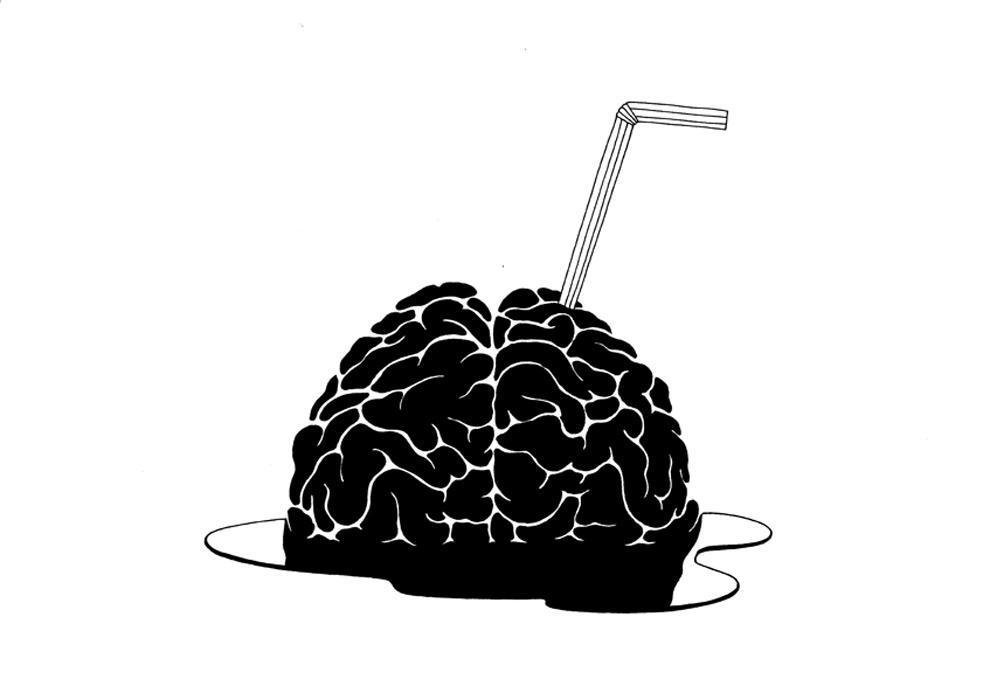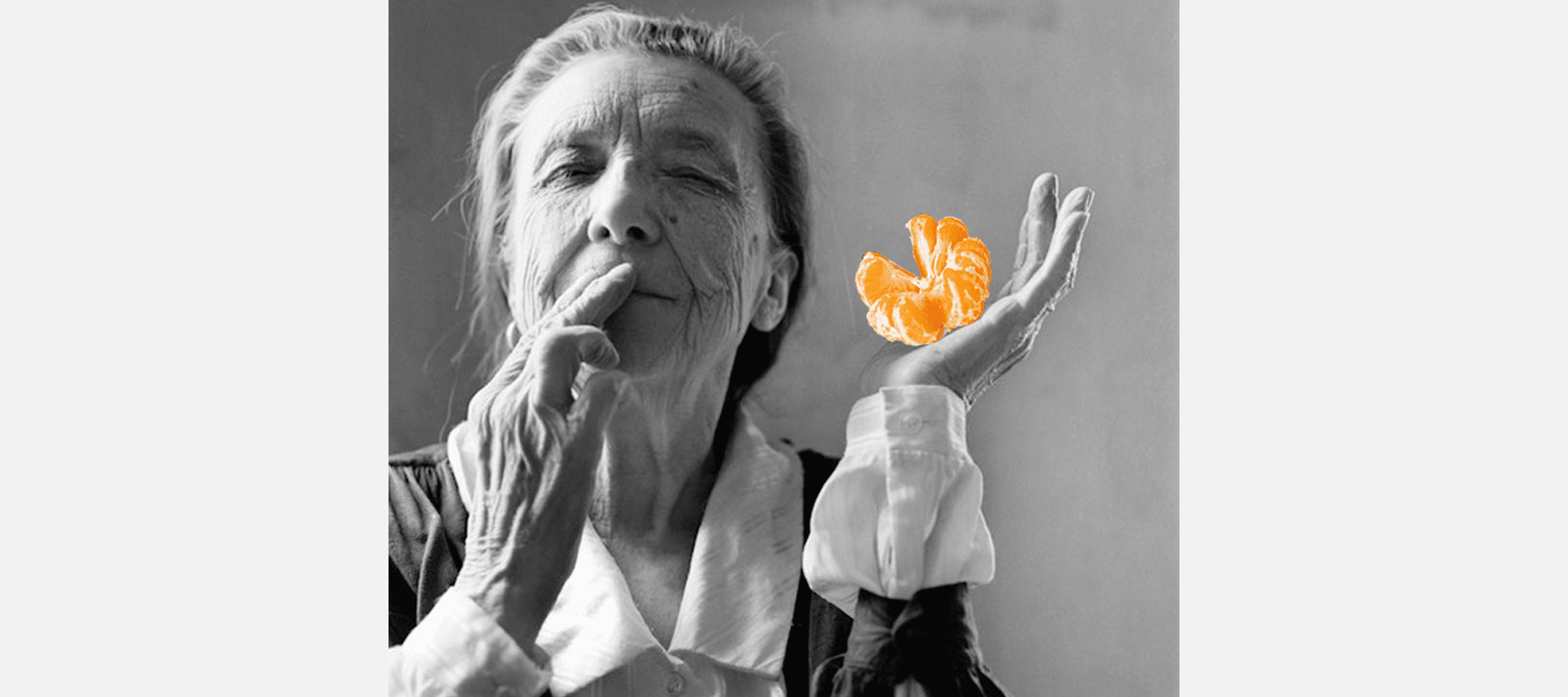A New Documentary by Heather Lenz Captures Yayoi Kusama's Hardships
·
·

Yayoi Kusama in the Orez Gallery in the Hague, Netherlands (1965) in Kusama – Infinity, directed by Heather Lenz. Photo by Harrie Verstappen, courtesy Magnolia Pictures.
"This is the story of a trailblazer who had to overcome sexism, racism and mental illness to pursue her dream of being an artist," Lenz says about her documentary. "I hope people will find the film inspiring."
Funding was hard to come by over the years for the recent documentary Kusama – Infinity, created by Heather Franz, overlooked due to perceptions on art and gender at the time. Within this film Lenz realistically portrays Kusama's life, exploring her battles with mental health. From her haunting spoken word piece Manhattan Suicide Addict Poem, 1973 to references of Kusama throwing herself out the window of her New York City apartment.
Although presenting the harsh reality throughout, the documentary ends positively, “Now that my life is in its last stage, I am putting all of my energy into my art,” said Kusama. “I want to live forever.
Although presenting the harsh reality throughout, the documentary ends positively, “Now that my life is in its last stage, I am putting all of my energy into my art,” said Kusama. “I want to live forever.
“Now that my life is in its last stage, I am putting all of my energy into my art,” said Kusama. “I want to live forever.
Throughout her early career Kusama didn't garner the attention she deserved, being a female artist in New York - predominantly run by men. Forcing her to push harder to get her work noticed.
'It was a 'Living Hell in New York',
'It was a 'Living Hell in New York', Kusama tells in her autobiography, 'Infinity Net', published 31 March 2003. She spoke of how she struggled to make ends meet as an artist living in a tattered loft building, ‘Many of the (artist) studio's windows were broken. My bed was an old door someone left out on the street.' Each day she would paint, hardly eating as she stubbornly pushed to make her artwork seen in New York.
Shop our range of Yayoi Kusama here
Love is Forever.


